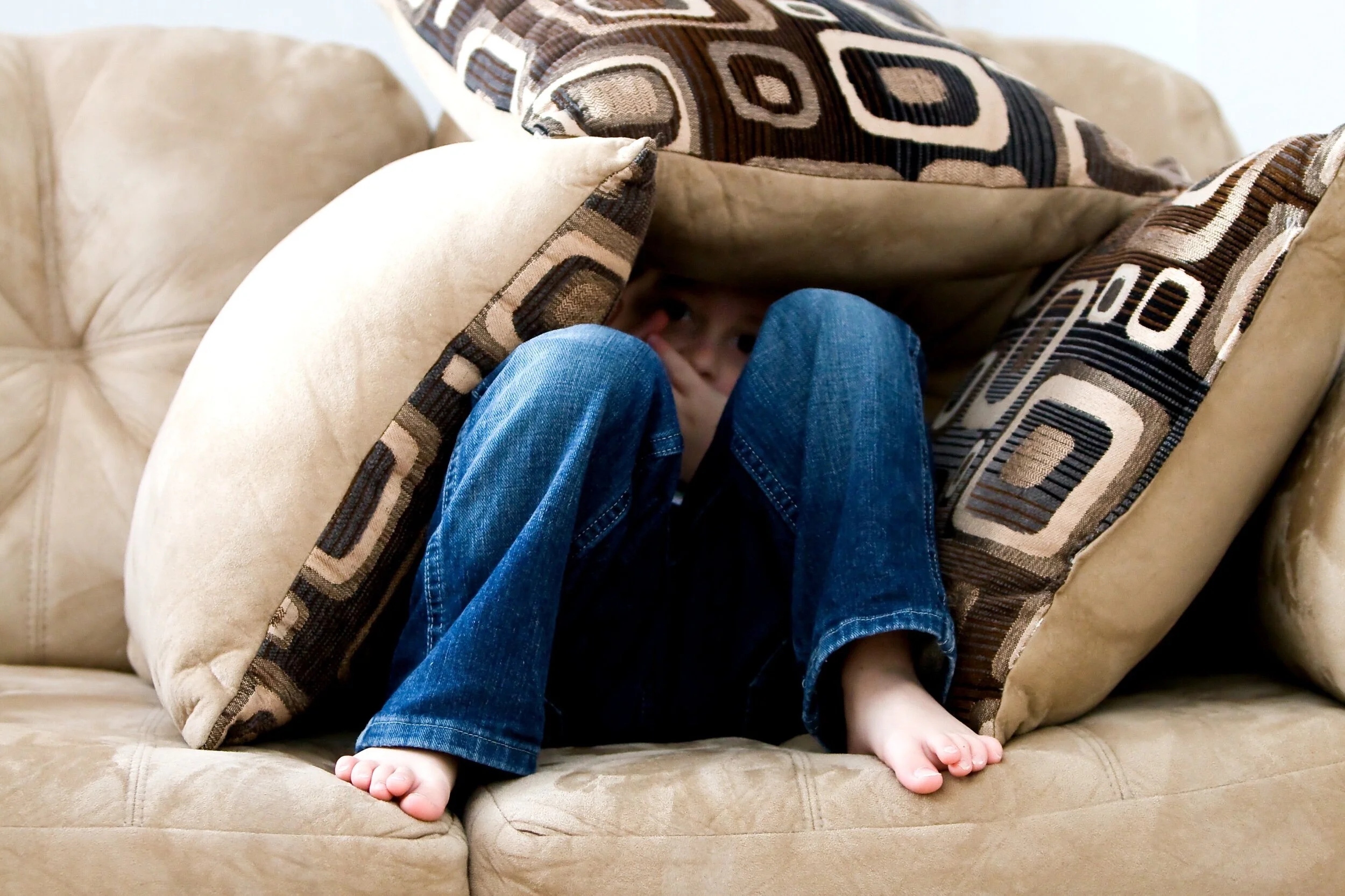"Argh … this is the way it is, and I can't do anything about it. " We just paid the upfront lease to a new apartment. After the payment, we visited the apartment again and suddenly became aware of all the things broken there, the stench of mold, the worn-out furniture. My girlfriend and I were desperate to move together and were frustrated by the process of finding an apartment. Tired, at the end of a long day, we came across this charming apartment that seemed so right. So, we signed the rental agreement that night. We came back one week later and were shocked about the place. At daylight, without any coverups from the landlord, the place was a mess. We wanted to withdraw from the contract, but the landlord made clear we were bound by the agreement. We needed to pay him over 3,000 Euros in advance (which was a lot of money for us in those times). I consulted a lawyer, but he gave me no hope. We didn't want to move to that apartment, but it seemed like we had no choice. I felt stuck with the situation. I was pacing relentlessly in my apartment, but there was no way I could change things around.
The Illusion of Having No Choice
Most of us feel stuck in our life so often because we don't see the choices we have.
The great family therapist Virginia Satir once said: "If people have a choice, they'll make the best one. The problem is, they often don't have choices. "What she meant was that people often don't see the options they have around them. It is like a fly bumping itself constantly against a window when there is a door open just inches away. We know that the fly could easily escape its current situation by becoming aware of the open door, but it isn't aware of it.
So, the first step for any change is to increase your awareness of the choices you have in the outside world and the inner world. However, this is often easier said than done.
The Devil you Know: Familiarity Zone and Fears
The problem is that we often block ourselves subconsciously from seeing the surrounding choices. The main reason is fear. Fear of the unknown, the unfamiliar. This fear is not natural. It is a learned fear, as are most fears. Babies are born with only two fears: the fear of falling and the fear of loud noises. All other human fears are learned.
We often subconsciously prefer to stay in our current painful situation because it is familiar. Humans have a strong instinct to keep things familiar. Familiarity seems to ensure our survival. Everything unfamiliar is a subconscious threat to our survival. We even have a phrase as an excuse for this behavior: "the devil you know ... ". In Psychology, this is named the familiarity zone (often also referred to as comfort zone — although this is a misleading name since often comfort is not what this is about).
The fear of the unknown is often deeply ingrained within us, and our brain has been working very efficiently to help us avoid this danger. As with all fears, they might have their beneficial usage within a specific context. Like if you are in an unknown jungle, you better be aware of the dangers that could lie ahead of you. The real problem is overreacting and applying fear out of context. To get out of this situation, you need a new perspective, just like the fly could easily escape if it could change its view from the narrow focus of the window to that of the room.
Be Aware of Your Map
But how do we define what is familiar and what not? How do we determine what is safe and what is a potential threat in our life? Here comes the concept of a map (or model) of the world from NLP into play.
The basic idea is that we live in our perception of the world. Therefore, everything is filtered through our beliefs, experiences, mental state, upbringing, etc. One person's perception will never be the same as someone else's. Two people can argue about the meaning of something simply because they see it differently.
The mental map is the way you perceive everything in your life. The way you think about yourself, your job, your relationships with others, the way you look at politics or trends. Everything gets filtered by your mental map. Through it, we define what is right, what is wrong, how we define ourselves, the world around us, and how we position ourselves in this world.
Whenever you say any sentence with the word "is "or "am "in it, you are not talking about reality but your map.
When we are operating out of an impoverished map, we limit the number of choices we have.
Freedom can only start to come when we restore information to an impoverished map
Restoring information to your map means that you should question the assumptions that lead to your current thinking.
- Is it always so? Does it happen every time (since the universe started)?
- Are there other people who see it differently?
- What stops you from doing it?
- What would happen if you did it? Imagine you could do it, what then?
- How do I know this is true? Could I see it differently?
- Do I know a person has overcome it? Why? What have they done differently? How do they see the world?
These are just for starters. You start to doubt that your assumption is the only way to see it. By using doubt, you get some wiggle room to look at different perspectives. And then you can widen your perspective of the world around you.
Also, remember, it is not always about changing the outer world. More often, a change in the inner world is everything that might be needed to resolve a problem.
Resolving My Stuck State by an Inner Movement
Let's get back to my story from the beginning. Once I've done everything I could to force myself out of the situation and was pacing for hours in my apartment, alternating between rage and desperation, I finally decided to change my perspective. Since it seems there was nothing I could change in the outside world to alleviate my problems, I knew that I needed to change my inside perspective. I decided to accept my situation, bear its financial consequences of 3 months of rent for an apartment we would never set foot in and let it go. For the next three weeks, I nearly forgot about the situation. My girlfriend and I decided not to talk about it and continued our search for a great apartment (which we found two weeks later). After six weeks, I finally checked my banking account, and to my astonishment, the rent was never deducted. I never found out what happened whether the landlord had a change of heart or whether he found someone else who rented the apartment on short notice.
I made my peace with it weeks before I found out that I didn't pay a dime.
Photo by Muhammad Haikal Sjukri on Unsplash




